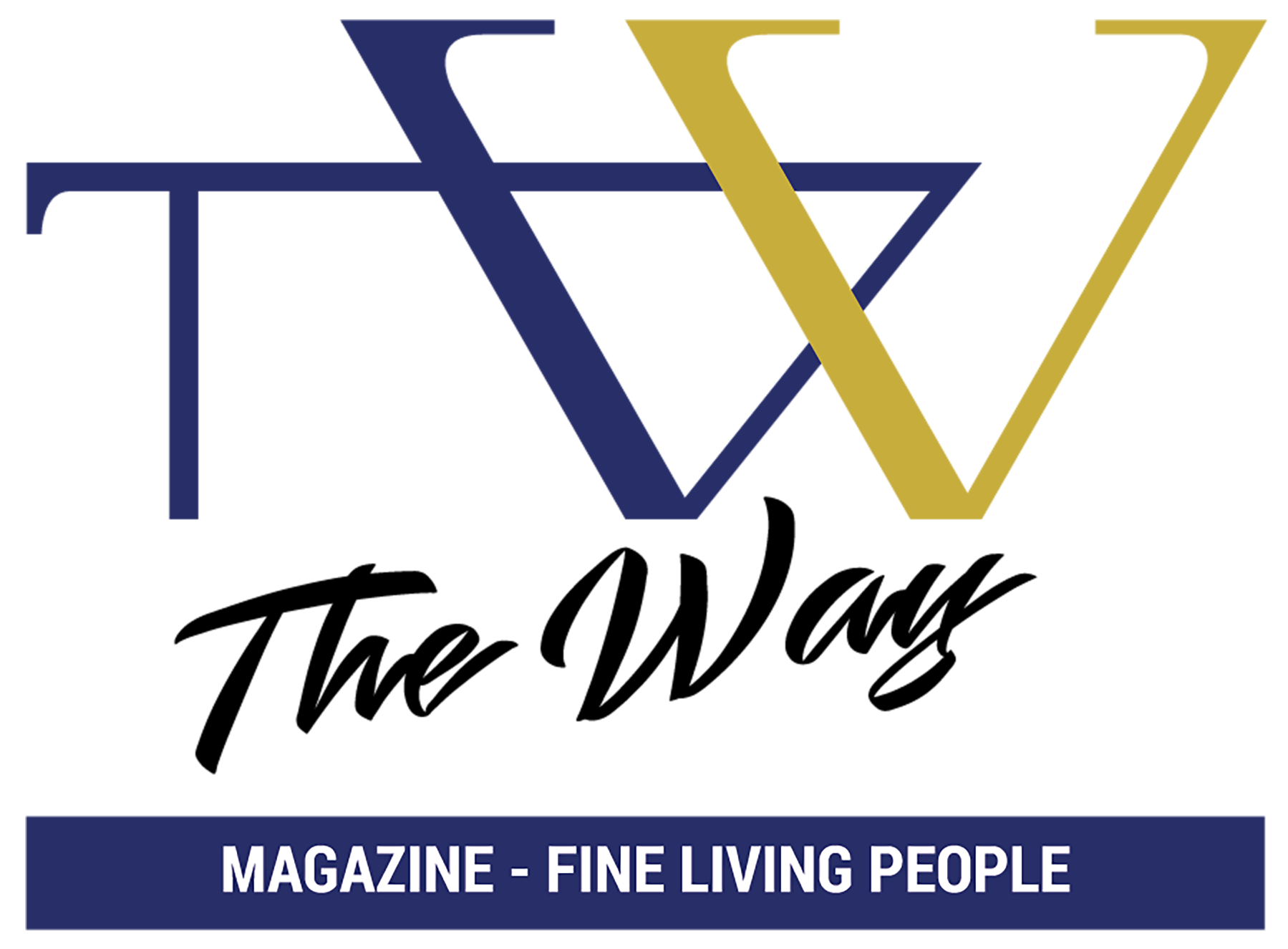David Notman-Watt è l’amministratore delegato della compagnia di produzione di documentari indipendente Back2Back in Inghilterra. Il marchio di produzione di film avrà una grande visibilità quando la BBC 4 del 29 giugno trasmetterà un documentario sul 40° anniversario della formazione dei Duran Duran, una delle più popolari band britanniche nella storia della musica pop. Ecco quanto ci ha anticipato sulla sua carriera e sul dietro le quinte delle riprese.
Hai creato Back2back quando i social media erano inesistenti ma avevi il web. Come cambiano le ricerche per i documentari?
La ricerca documentaria è essenzialmente sempre la stessa di sempre. È un lavoro, trovare le persone giuste e quindi porre loro le domande giuste. Internet e i social media sono certamente strumenti utili quando si tratta di rintracciare le persone di cui si ha bisogno per un particolare progetto televisivo, ma niente di meglio che incontrare quelle persone di persona o parlare con loro al telefono. La tecnologia potrà essere cambiata, ma le persone non sono cambiate così tanto.
È diverso avere a che fare con super band come i Duran Duran o argomenti del patrimonio sociale e culturale?
La cosa interessante di lavorare con gruppi come i Duran Duran che sono in circolazione da molto tempo (nel loro caso da 40 anni) è il fatto che sono sopravvissuti a tanti cambiamenti nel mondo. Se pensi a come appariva la musica nel 1981 quando pubblicarono il loro primo album e quale musica c’è oggi … sono due diversi pianeti. Molte delle persone che leggono la tua rivista probabilmente non erano nemmeno nati nel 1981! Quindi, per parlare di come, come band, hanno navigato così tanto e hanno attraversato cambiamento nel corso di quattro decenni e il modo in cui sono riusciti a sembrare ancora culturalmente rilevanti è affascinante.
Come hai iniziato a lavorare con la band? Quando è stato girato il documentario che si vedrà su BBC 4 il 29 giugno?
Abbiamo filmato con loro alla fine del 2017 e all’inizio del 2018, ma all’inizio del 2016 ho menzionato il progetto alla loro manager a New York per la prima volta. L’avevo incontrata per discutere un’altra idea che volevo sviluppare con Simon Le Bon. Sfortunatamente quell’idea originale non andò da nessuna parte, ma alla BBC piacque l’idea del documentario Duran Duran che celebrava la loro carriera quarantennale. Il resto, come si suol dire, è storia.
Hai avuto molte persone coinvolte nel progetto e nella ricerca?
C’è stata una piccola squadra composta da un direttore, due ricercatori, un AP, il direttore di produzione e io stesso produttore esecutivo. Abbiamo anche avuto due o tre ricercatori junior che hanno lavorato su oltre duecento ore di archivio che la band ci ha dato per il documentario. Gran parte di esso non è mai stato visto prima quindi abbiamo dovuto guardare tutto per trovare le gemme d’oro. Il filmato è stato concepito come copertura del corso dei decenni, quindi c’era una grande quantità di materiale da registrare e visualizzare.
È stata tua la scelta di farli guidare ognuno in una macchina, come si vede nel trailer?
Tutti loro amano le auto costose e quindi abbiamo scoperto che parlare e guidare con le loro auto preferite era un modo per convincerli a parlare e aprirsi a se stessi. Nel documentario finito abbiamo anche una copia della loro prima auto da turismo, una Citroen SM, dove tutti entrano e si divertono molto. Scherzano che è una vettura che sembra molto più stretta, visto che quattro di loro sono seduti in una Citroen in poco spazio, peggio di quando erano più giovani e più magri.
Hai avuto qualche input dai membri della band stessi?
Questa band è sempre piena di idee e suggerimenti su cosa potevamo filmare e su come rendere questo documentario speciale. Per noi è stato un piacere sotto questo aspetto.
Molti documentari sulla loro carriera sono stati prodotti negli ultimi anni, diciamo dal momento della reunion. Come si lavora alla ricostruzione storica lontana dal momento culminante della carriera di un artista?
Raggiungere un traguardo di carriera di quaranta anni è molto, molto raro nell’industria musicale. E il fatto che stiano ancora registrando e ancora parlano tra loro è ancora più raro. La BBC voleva che questo documentario fosse la celebrazione definitiva della band e della loro musica. Ciò che diventa chiaro man mano che il documentario si sviluppa è che i vestiti erano anche di vitale importanza per ciascuno di loro e tutti sono convinti che l’immagine dei Duran Duran abbia avuto un ruolo importante nel renderli un nome popolare così rapidamente.
Pensi che vogliano mostrare ancora un lato diverso alla loro persona con questo documento?
Questo documentario è molto intimo e ognuno dei membri della band ci fornisce un’incredibile quantità di ricordi, quando si aprono nel filmato, lo fanno in un modo abbastanza raro per i documentari musicali. Penso che quello che mi colpisce quando guardo il film completato è quanto sono divertenti! Preparatevi a essere sorpresi.
Ti piacevano i Duran Duran o lavorando per loro hai cambiato la tua idea?
Penso che questo documentario introdurrà un nuovo pubblico per i Duran Duran perché li mostra in un modo che è raramente visto. Sono molto divertenti, articolati, estremamente intelligenti e difficili – non può essere facile sopravvivere nell’industria musicale per quattro anni, immagina quaranta. Lavorerei ancora con loro in qualsiasi momento. Sono veramente una delle grandi band della storia della Gran Bretagna.
——————–ENGLISH VERSION————————————————————-
David Notman‑Watt is the managing director of independent documentary production company Back2Back in England. The brand will have huge exposure when BBC 4 on the 29th of june will broadcast a documentary about the 40th anniversary of the formation of Duran Duran, one of the most popular Bristish bands in the history of pop music.
You created back2back when social media was non-existant but you had the web. How do reaearches for documentaries change?
Documentary research is essentially still the same as it always has been. It’s a case of finding the right people and then asking them the right questions. The internet and then social media are certainly helpful tools when it comes to trying to track down the people you need for a particular television project, but nothing beats then meeting those people in person/talking to them on the phone. The tech might have changed, but people haven’t changed that much..
Is it different having to deal with superbands like Duran Duran as to phenomenona of social and cultural heritage?
The interesting thing about working with bands like Duran Duran who have been around for a long time (in their case 40 years) is the fact that they have survived so many changes in their world. If you think about what music looked and sounded like in 1981 when they released their first album, and what music looks and feels like today…it’s two different planets. Many of the people who read your magazine probably weren’t even born in 1981! So to talk through how, as a band, they have navigated so much change over four decades and how they have managed to make themselves still seem culturally relevant is fascinating.
How did you start working on the band? When was it filmed?
We filmed with them at the end of 2017 and the start of 2018, but I first mentioned the project to their manager in New York in early 2016. I had met her to discuss another idea that I wanted to develop with Simon Le Bon. That original idea didn’t go anywhere unfortunately but the BBC did like the idea of Duran Duran documentary celebrating their forty year career. The rest, as they say, is history.
Did you have many people involved in the project and researching?
It was a small team of one Director, two researchers, an AP, the Production Manager and myself as Executive Producer. We did also have two or three junior researchers working through over two hundred hours of archive that the band gave us for the documentary. Much of it has never been seen before so we had to watch it all to find the golden nuggets. The footage was filmed over the decades so there was a huge amount of material to log and view.
Is it your choice to have them driving as seen in the trailer?
They all love expensive cars and so we found that talking and driving in their favourite cars was a way of getting them to talk and open up about themselves. In the finished documentary we also have a copy of their very first touring car, a Citroen SM, that they all squeeze into and enjoy very much. They joke that it is a much tighter squeeze having four of them sitting in a Citroen than it used to be when they were younger and thinner..
Did you have any input by band members themselves?
The band were full of ideas and suggestions about what we could film and how we could make this documentary special. They were a pleasure to work with in that respect.
Many documentaries about their career have been produced in recent years, let’s say since the reunion. How this differs from producing docs when things are actually happening at the height of an artist’s career?
Reaching a forty year career point is very, very rare in the music industry. And the fact that they are still recording and still talking to each other (!) is even rarer. The BBC wanted this documentary to be the definitive celebration of the band and their music. What becomes clear as the documentary develops is that clothes were also vitally important to each of them and they are convinced that Duran Duran’s image played an important part in making them a household name so quickly.
Do you think they want to show still a different side to their persona with this doc?
This documentary is very intimate, and each of the band members provide us with an incredible amount of access as they open up in a way that is quite rare with music documentaries. I think what strikes me when I watch the completed film is how funny they are! Prepare to be surprised.
Did you like Duran Duran or has working for them changed your idea about them?
I think this documentary will introduce a new audience to Duran Duran because it shows them in a way that is rarely seen. They are very funny, articulate, hugely intelligent and tough – it can’t be easy surviving the music industry for four years, never mind forty. I would work with them again anytime. They are truly one of Britain’s great bands.









